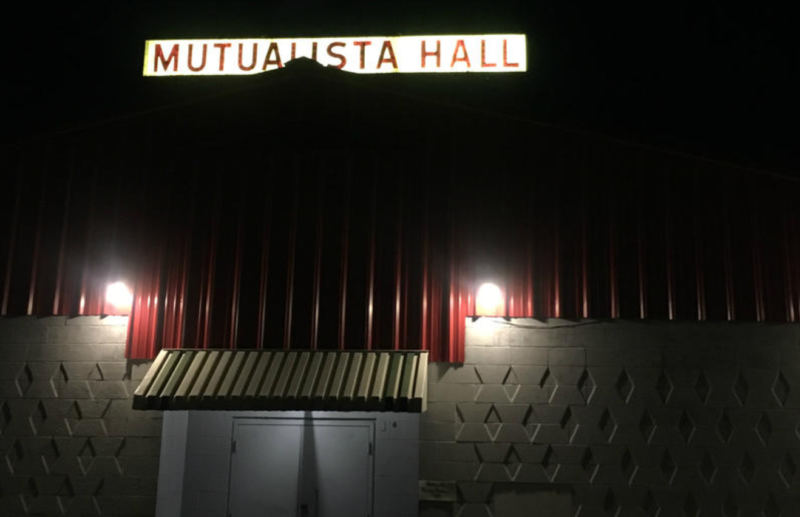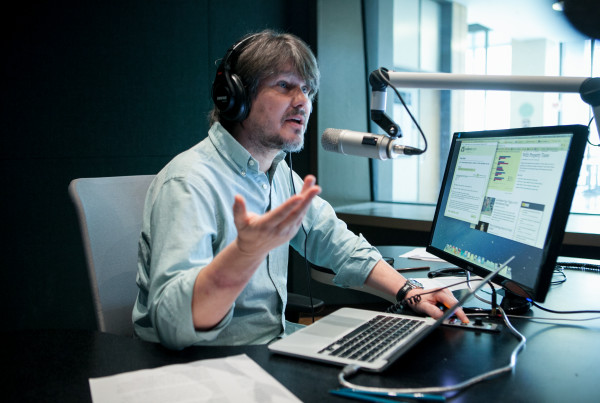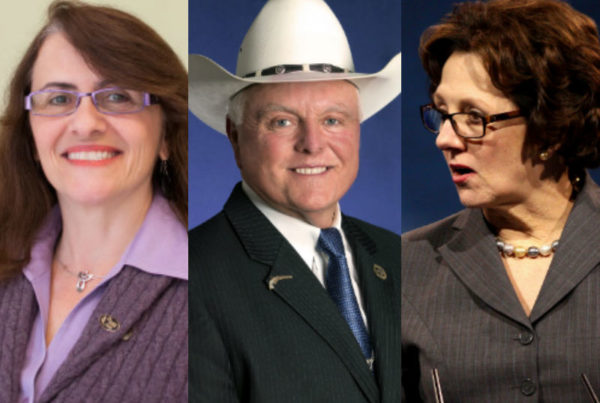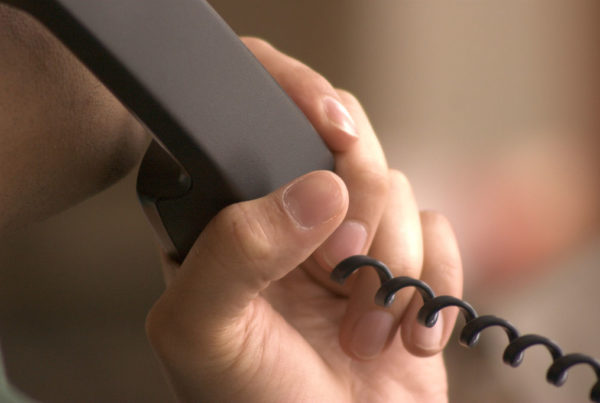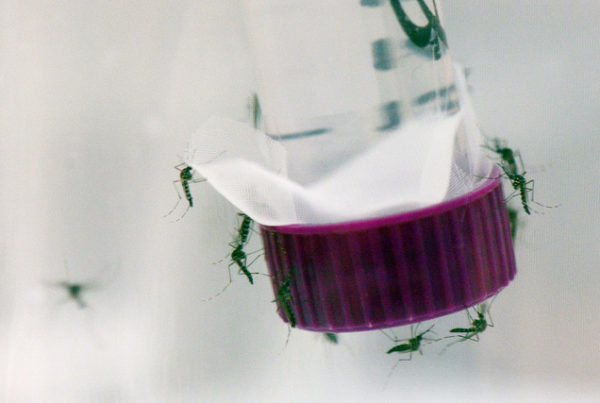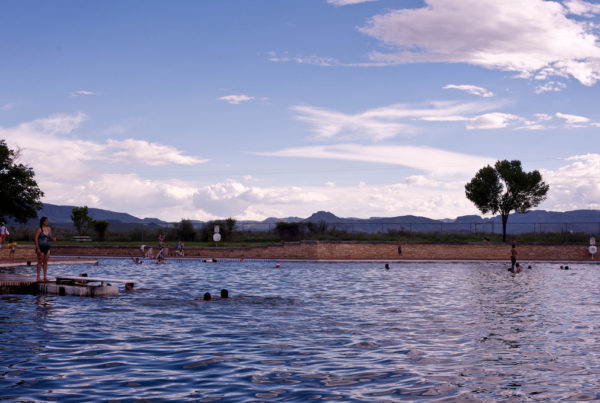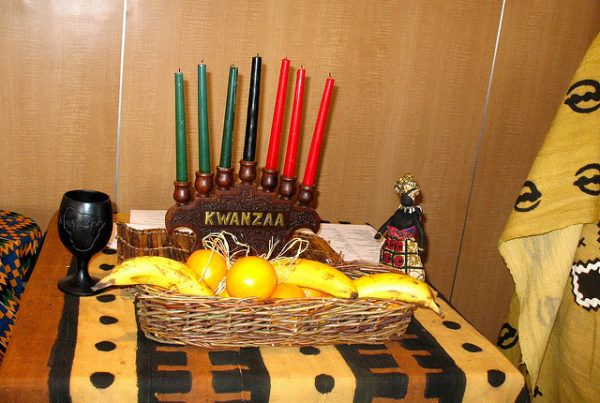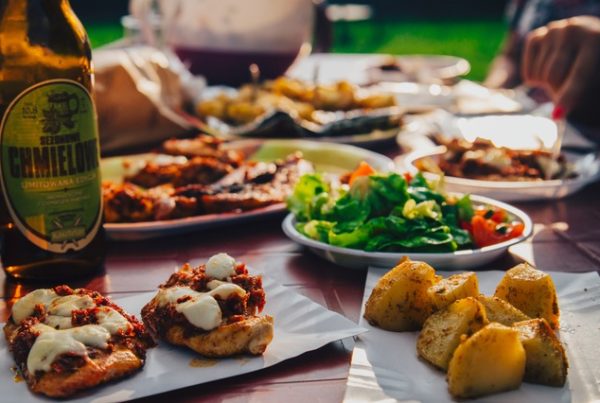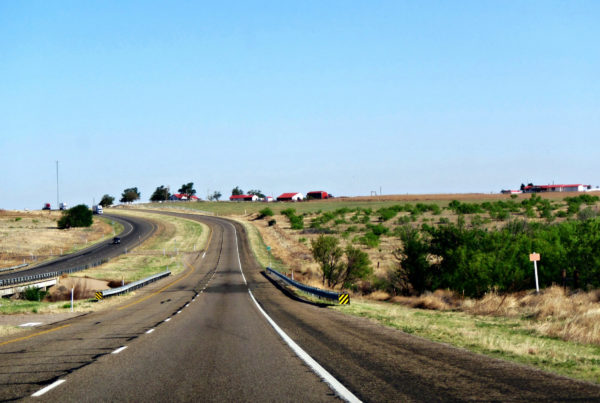From Heart of Texas Public Radio:
If you’re a life-long Texan, you many have heard of a mutualistas. These mutual aid societies were part of a long tradition in Mexico, and found their way into Texas in the late 1800s. The organizations worked to provide low-income families with resources they otherwise might not have access to. While most disappeared in the 30s and 40s, throughout Texas today there are still a small number of in operation, including one thriving community mutualista in Waco that’s been around for more than 90 years.
As Louis Fajardo opens the doors to la mutualista sociedad de jornaleros, he walks towards a concrete wall.
“Let me turn the lights on so you can see what I’m talking about,” Fajardo says.
Hanging on the wall are black-and-white photos, memories of the organization’s earliest days. Fajardo is a member and president of the group. He points to one specific photo.
“In 1924, these gentleman right here, on this particular day, under this tree which still exists, are the ones that decided to make the mutualista.”
The Waco mutualista came together under the banner of union, fraternity and progress, with a specific interest in watching over the working-class community it came from. Its name even reflects that mission: In English, jornaleros means laborers. This idea – says University of Texas professor Emilio Zamora – is the main reason Mexicans that settled in Texas established these groups.
“They had to develop new methods for survival and advancements,” Zamora says. “And one of them was the formation of organizations – mutual aid societies.”
Across Texas, these groups provided services their community members were being denied, things like education and healthcare. Mutualistas also negotiated for better working conditions, and created insurance funds to take care of members. That made a huge difference in quality-of-life, according to Ernesto Fraga. He publishes El Tiempo, Waco’s local Hispanic newspaper, and his grandparents were some of the earliest members of Waco’s mutualista. Fraga says the mutualistas also preserved culture.


